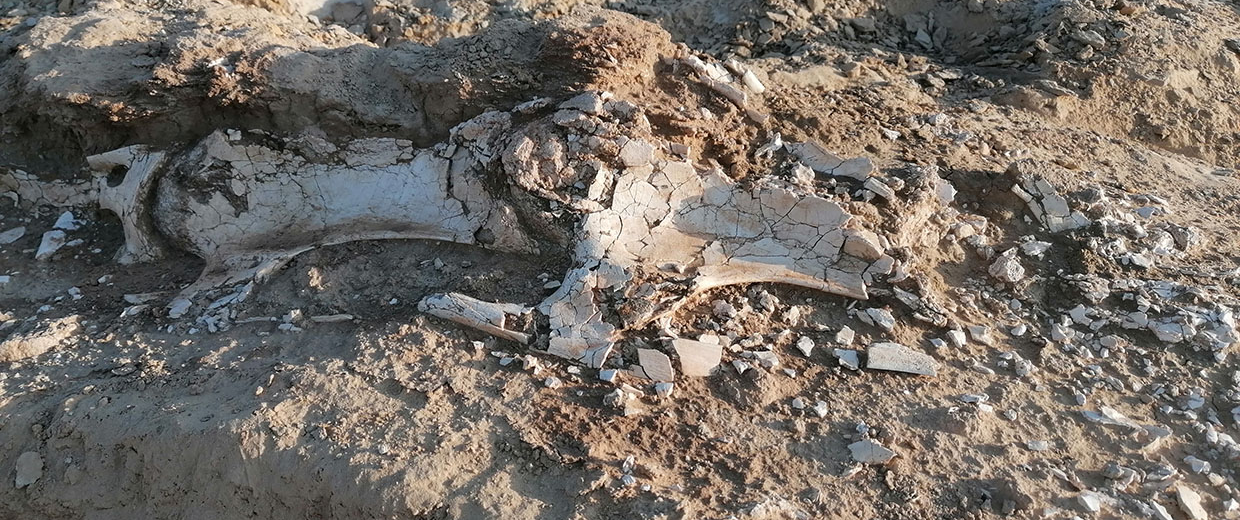
Paleontology
Palaeontology studies, through fossils, the nature and interactions of evolutionary, ecological and chemical-physical forces that have shaped the history of life on geological timescales.
People
Federico Fanti
Associate Professor
keywords:
Vertebrate Paleobiology, Stratigraphy, Taphonomy, Paleoecology
Marco Muscioni
PhD Student
keywords:
Palaeobiology, Vertebrates, Palaeoecology, Comparative anatomy, Mesozoic, Evolution, Tomography
Daniele Scarponi
Associate Professor
keywords:
Mediterranean Neogene/Quaternary, Mollusks, Stratigraphic Paleobiology, Paleoecology, Conservation Paleobiology
Stefano Claudio Vaiani
Associate Professor
keywords:
foraminifers, palaeoenvironment, biostratigraphy, isotope stratigraphy, micropalaeontology